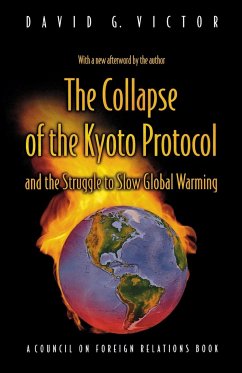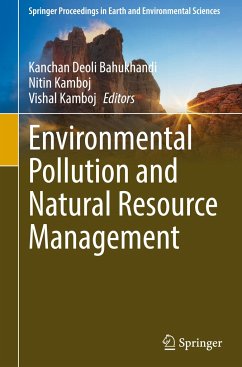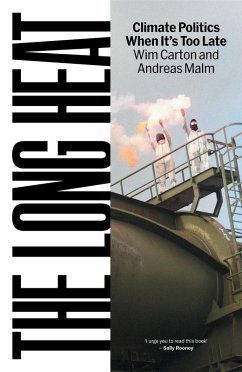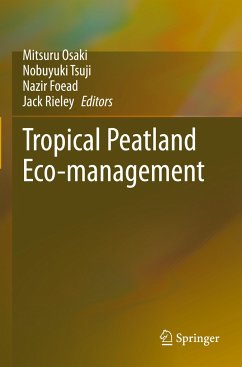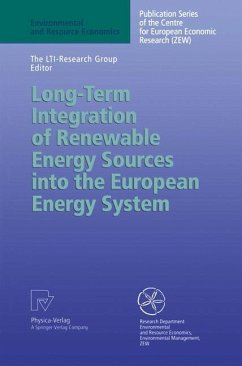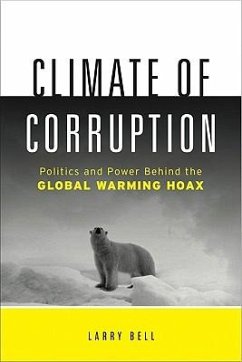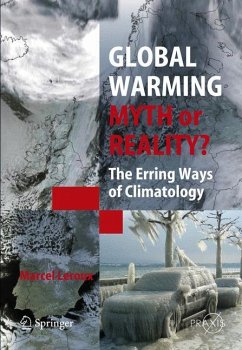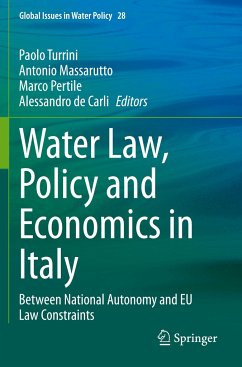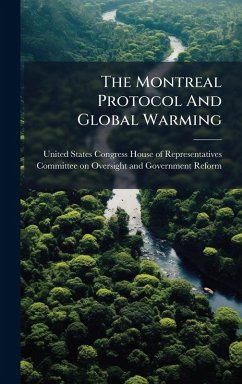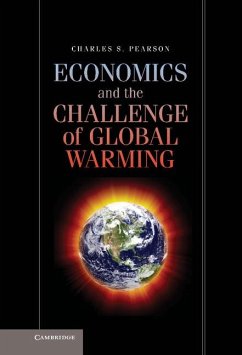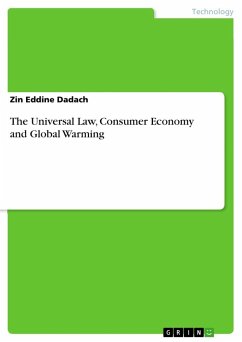
The Universal Law, Consumer Economy and Global Warming

PAYBACK Punkte
0 °P sammeln!
Document from the year 2018 in the subject Environmental Sciences, grade: 3.7, , language: English, abstract: The whole universe follows the same law, where movements are always from concentrated (rich) energies to diluted (poor) energies. However, many of our daily activities seem to follow the opposite law, bringing energy from diluted to concentrated areas. As a good example is the heat removed from the inside cool refrigerator to the outside warm kitchen. In order to obey the universal law, an energy need to be added to the pump of the refrigerant. Carbon dioxide emissions to the atmospher...
Document from the year 2018 in the subject Environmental Sciences, grade: 3.7, , language: English, abstract: The whole universe follows the same law, where movements are always from concentrated (rich) energies to diluted (poor) energies. However, many of our daily activities seem to follow the opposite law, bringing energy from diluted to concentrated areas. As a good example is the heat removed from the inside cool refrigerator to the outside warm kitchen. In order to obey the universal law, an energy need to be added to the pump of the refrigerant. Carbon dioxide emissions to the atmosphere are the result of generating this energy by burning natural resources, instead of using the free endless natural energies.In this consumer-based economy, consumer spending is seen as the "engine" and the "driving force" of economic growth. Using a general equation of transport phenomena, a new equation describing consumer spending is introduced in this book as a competition between a driving force and a resistance for spending. Based on this new definition, marketing and advertisement enhance the driving force for spending while the credit card role is to hinder the resistance due to the income. Because of the industrialization and the consumer's economy, the amount of carbon dioxide emitted every year started to increase sharply from the year 1950.In order to increase consumers spending, the strategy and the target of marketing and advertisement departments of many companies is to make us link happiness to comfort and pleasures. A simple case study, based on available data of the year 2011, shows that marketing and credit cards could have increased the energy consumption by 12.3% and added about 1.1 ppm of carbon dioxide in the atmosphere.The recent scientific data from climate change conference in Paris seem to tell us that lifestyle and behavioral changes are crucial to avoid more severe consequences of global warming. For example, if one billion households worldwide could save an amount of energy equivalent to one 60 Watt-bulb, the resulting reduction of the total amount of carbon dioxide sent to the atmosphere could represent 3.5% of the total amount needed to be reduced in order to stay in the ceiling of 2C by 2050. The challenge today is to redefine happiness away from consumption in order to avoid more severe natural disasters. Some people are already introducing the new "minimalist" life style in order to depend less on consumption. Unlike comfort, discomfort is seen as crucial to our pursuit of genuine happiness.




